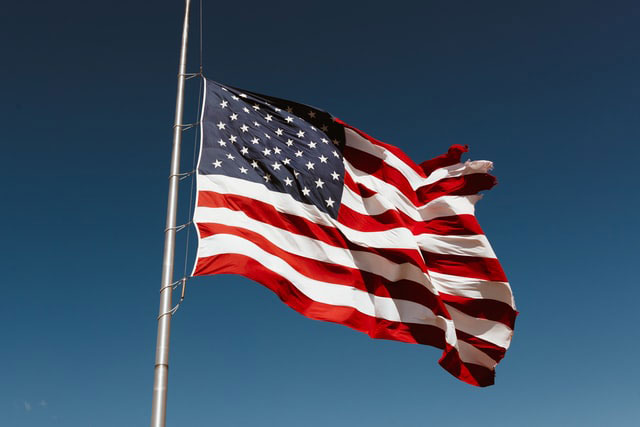Taipei – The United States has expressed disappointment in tiny Pacific nation Nauru for swapping its diplomatic ties with Taiwan for relations with China, while a de-facto US envoy to Taipei criticised the microstate’s “distorted” rationale.
Self-ruled Taiwan held a crucial poll Saturday, with voters electing pro-sovereignty candidate Lai Ching-te as the island’s next president.
China which considers Taiwan part of its territory and has never renounced the use of force to seize it regards Lai as a dangerous “separatist” and warned that his election would bring “war and decline” to the island.
In a post-election blow to Taiwan, Nauru unexpectedly announced on Monday that it would no longer recognize Taiwan “as a separate country” but “rather as an inalienable part of China’s territory.”
In severing diplomatic ties with Taipei and establishing them with Beijing, Nauru left Taiwan with just 12 nations around the world that formally recognise it.
“While the Government of Nauru’s action on January 15 to sever its diplomatic relationship with Taiwan is a sovereign decision, it is nonetheless a disappointing one,” the State Department said.
“Taiwan is a reliable, like-minded, and democratic partner. The PRC often makes promises in exchange for diplomatic relations that ultimately remain unfulfilled,” it said, referring to China by its official acronym.
Nauru population 12 500 is one of the world’s smallest countries and lies about 4 000 kilometres (2,500 miles) northeast of Sydney.
In making its decision, Nauru cited United Nations Resolution 2758, which recognises the PRC as a representative of China in the global body.
Distorted narratives
Speaking to media in Taipei, Laura Rosenberger, the chair of the United States’ de facto embassy in Taiwan, objected to Nauru’s use of that resolution to justify the diplomatic switch.
“UN Resolution 2758 did not make a determination on the status of Taiwan, does not preclude countries from having diplomatic relations with Taiwan and does not preclude Taiwan from meaningful participation in the UN system,” Rosenberger said.
“It is disappointing to see distorted narratives about UN resolution 2758 being used as a tool to pressure Taiwan, limit its voice on the international stage and influence its diplomatic relationships.”
China on Tuesday rebuked the United States’ expression of disappointment, calling it a “smear” on Beijing.
“It (the United States) is doing its utmost to smear and slander China’s diplomatic efforts, and putting in a word for Taiwan to expand its space on the international stage,” foreign ministry spokesperson Mao Ning said at a press conference.
Rosenberger’s comments came after an unofficial US delegation made a post-election visit to Taiwan to meet political leaders, including current President Tsai Ing-wen and Lai.
Both Tsai and Lai have angered China in the past by defending Taiwan as sovereign, saying it is “already independent” and does not need to formally declare it which would be a red line for Beijing.
The diplomatic tug-of-war between Taiwan and China has included offers of generous aid packages and assistance in agricultural and educational development.
Taiwan’s foreign ministry on Monday called the loss of Nauru a “surprise assault”, and accused China of offering economic incentives to the South Pacific nation.
Since Tsai’s election in 2016, Beijing has upped military pressures on Taiwan maintaining a near-daily presence of warplanes and vessels around the island in what experts call “grey zone” actions which stop short of outright war.
Taiwan’s defence ministry said Tuesday it had “not detected any abnormal target activities” by the Chinese military after Lai’s win.
Follow African Insider on Facebook, Twitter and Instagram
Source: AFP
Picture: Unsplash
For more African news, visit Africaninsider.com


